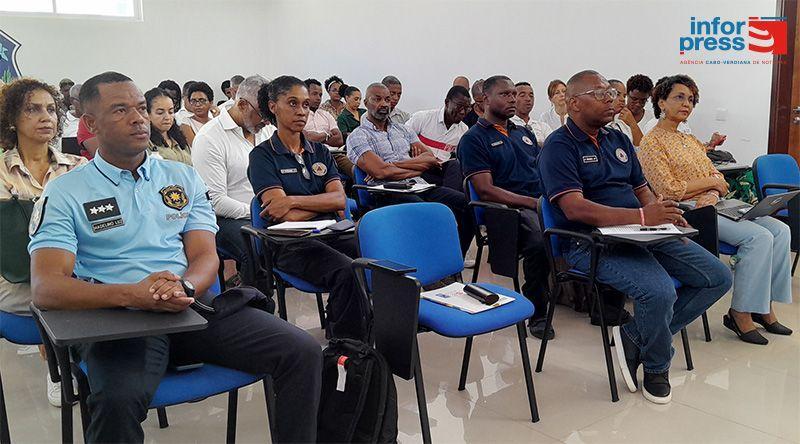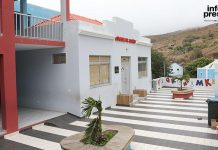Africa-Press – Cape verde. Civil Defense will collect data in São Vicente to determine the damage and losses in each sector after the storm and the best mechanism for a resilient recovery.
This information was given to the press by Domingos Mendes Tavares, president of the National Civil Protection and Fire Service (SNPCB), after the opening of the Post-Disaster Damage and Needs (PDNA) training seminar in São Vicente, aimed at technicians with the aim of training them in impact assessment and post-disaster recovery planning.
According to Domingos Mendes Tavares, they initially conducted risk assessments in approximately 23 areas of São Vicente to determine the losses and damages, together with the Crisis Office.
This, he added, allowed the government to take action and begin supporting both families and businesses. However, he clarified, more exhaustive work will now be carried out, until mid-October, in order to obtain more concrete and reliable data on damage and losses.
With all this data, he explained, the SNPCB will conduct an analysis and, based on that analysis, submit projects to international partners, as well as the government, to determine how they can secure resources for the resilient recovery of these sectors.
“In the first phase, our intention was to get things moving in São Vicente gradually. Now, at this point, in a structured manner, we will determine for each sector the losses and the best mechanism for a resilient recovery, so that, if this event were to occur, we would not suffer the same losses as we do now,” he added.
The work will be carried out with technical and financial support from the United Nations, the European Union, and the World Bank.
For Ana Chizhkova, representative of the United Nations Joint Office in Cape Verde, with climate change, it is important for the country to be prepared for similar events in the future.
Therefore, he explained, the seminar serves to empower colleagues from various sectors and national and international actors to learn how to collect data, conduct multisectoral analysis, and produce a report with recommendations for the future.
“We will leave with recommendations, but not just today. This is a process that will last three to four weeks, during which we will work together and will yield recommendations. These recommendations may influence political decisions, decisions by national actors, and the international community,” he concluded.
For More News And Analysis About Cape verde Follow Africa-Press






